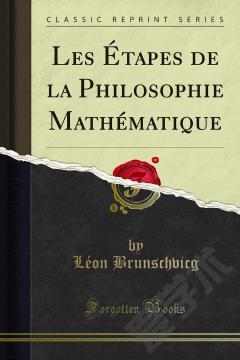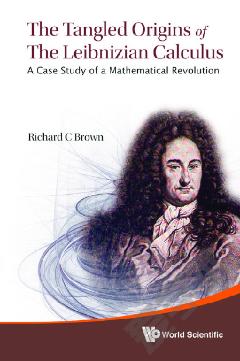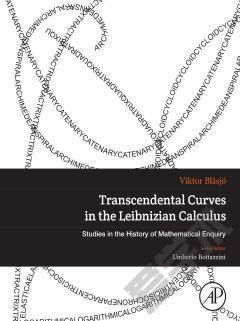The Early Mathematical Manuscripts of Leibniz
In writing the following pages, I have been greatly influenced and helped by the emphasis laid by Mr. Philip E. B. Jourdain upon the importance which Leibniz himself attached to the no tion of a calculus in general, and his own operational calculus in particular; he it was who also suggested that I should undertake a critical translation of the early mathematical manuscripts of Leib niz; to him also I am greatly indebted for many points upon which I was unable to make up my mind on the evidence that I could get from the manuscripts alone. I have also to thank Mr. W. J. Green street for looking through my articles before they were assembled for the purpose of this volume, and for making some valuable sug gestions. My excuse for publishing these manuscripts, enlarged with so many and such long critical notes, must lie in the fact that I have made a careful study of the work of Barrow, and have recognized, perhaps at more than its true value, though I do not think so personally, its great genius and the influence it had on Leibniz. The opportunities it was capable of affording to Leibniz, the greater likeness that the work of Leibniz bears to that of Barrow than to that of Newton, have forced me to the conclusion that Leibniz was in no way indebted to Newton for anything, yet his statement in a letter to the Marquis d'hospital, that he was under no obligation to Barrow for his methods, is absolutely correct.
{{comment.content}}








 京公网安备 11010802027623号
京公网安备 11010802027623号